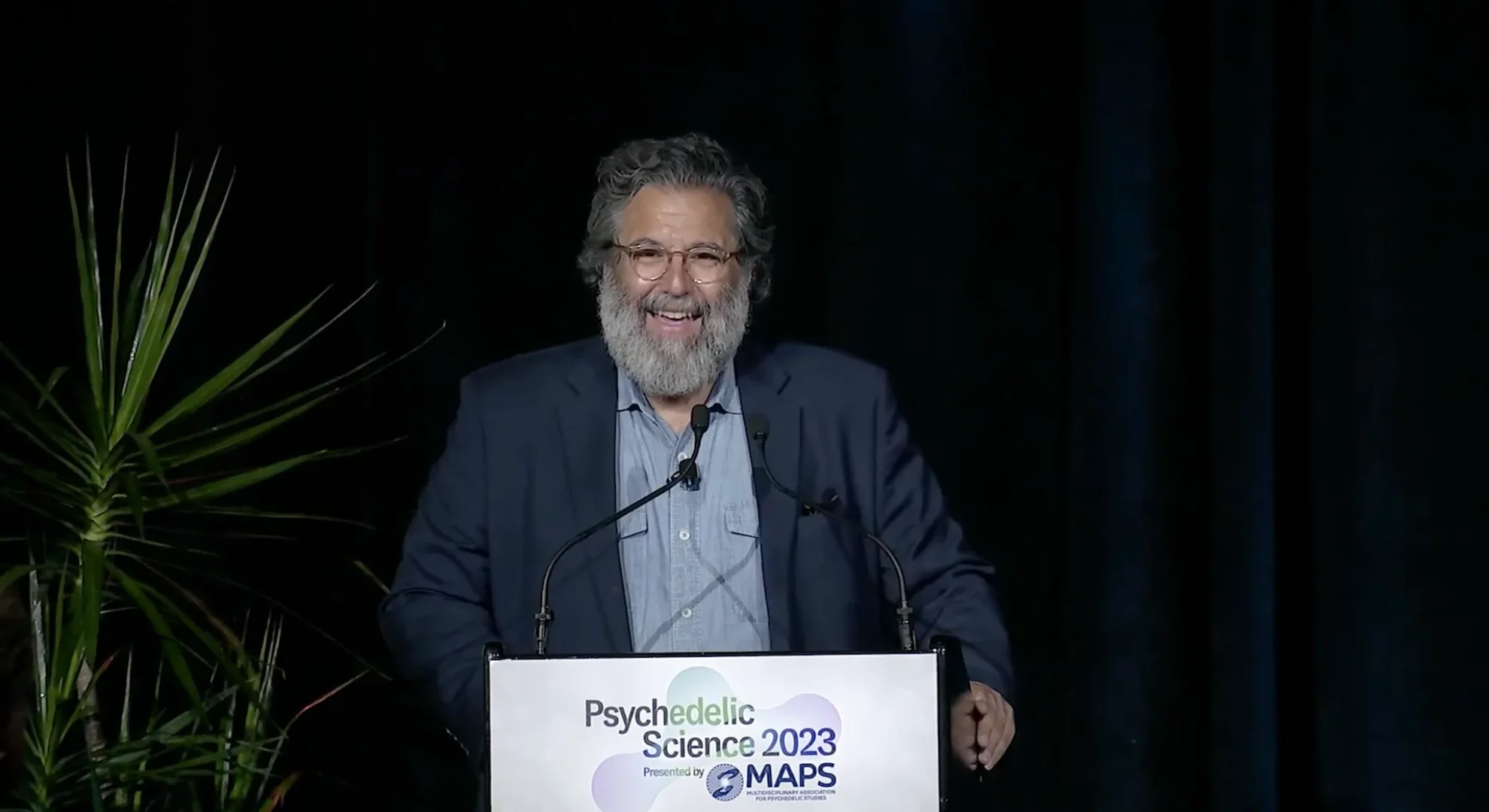
Pragmatic Trial of Psilocybin Therapy in Palliative Care: A Multicenter Trial of Psilocybin Therapy for Demoralized Adults Near the End of Life
This presentation will provide an overview of a multicenter clinical trial evaluating the efficacy and safety of psilocybin therapy compared to an active control in treating demoralization in adults near the end of life. Additional objectives will evaluate the efficacy for treating depression and anxiety, and for addressing effectiveness on quality of life, spiritual well-being, and hopelessness. Demoralization is a clinically significant and measurable form of existential distress characterized by myriad features including poor coping and a sense of helplessness, hopelessness, a loss of meaning and purpose in life, and is associated with a desire for a hastened death. Demoralization is a common presentation of existential distress in patients with advanced disease and at the end of life. Distinguishing elements of this trial in psychedelic research include (1) demoralization as a primary clinical endpoint; (2) inclusion of non-cancer diagnoses; (3) the trial is embedded in palliative care (not psychiatric) settings; (4) utilization of an apprenticeship model for training palliative care and other non-mental healthcare providers in psychedelic therapy.
Share: Pragmatic Trial of Psilocybin Therapy in Palliative Care: A Multicenter Trial of Psilocybin Therapy for Demoralized Adults Near the End of Life
Facebook
Twitter
LinkedIn
Email




